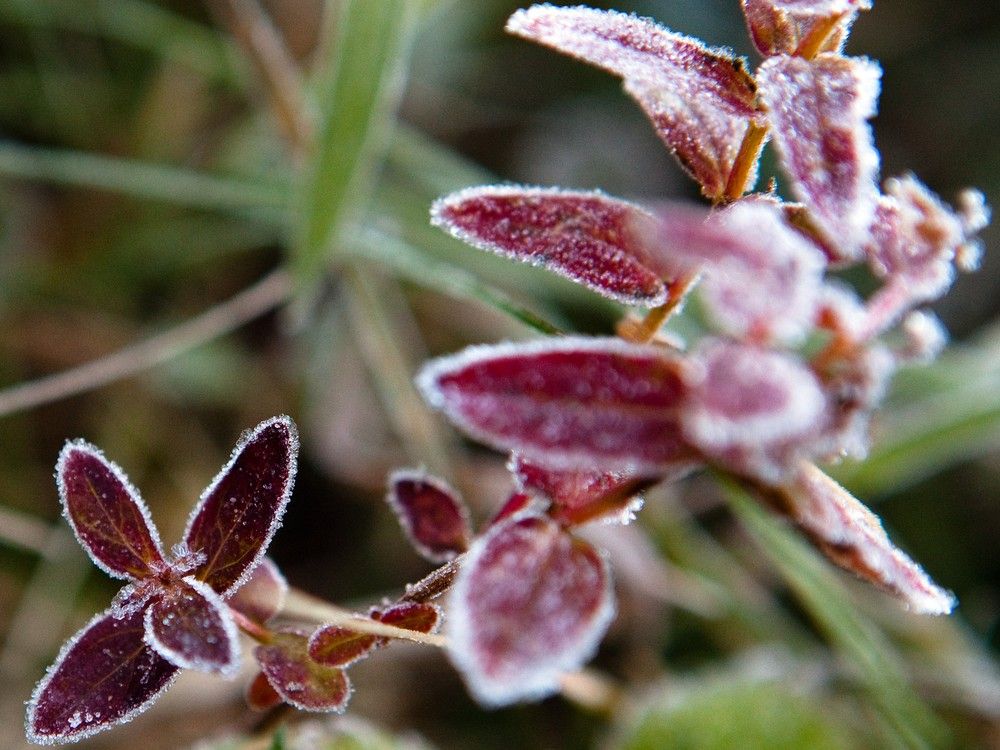
Article content
Cover up those tender, frost-sensitive plants, Environment Canada warns, because frost is coming Wednesday night.
Montrealers will get a taste of winter when the temperature drops to zero overnight — though daytime temperatures will continue to climb into the high teens during the rest of the week.
Expect a high of 10 C and clearing during the day, with a UV index of 3, or moderate.
Article content
Hurricane news
This busy hurricane season just won’t quit. Another potential system may be brewing in the central Atlantic Ocean, and could threaten Puerto Rico or the Dominican Republic. Meteorologists at the National Hurricane Center estimate it has a 60 per cent chance of eventually being named Nadine, and it’s one of two systems the agency is watching.
A separate system, which has a 30-per- cent chance of development, is in the western Caribbean. It could sneakily come together into the weekend, bringing heavy rains and/or strong winds to parts of Central America.
Neither storm is likely to threaten the mainland United States, and the odds of anything making it into the Gulf of Mexico are low. Still, both Central America and Puerto Rico, Hispaniola and the southeast Bahamas should keep close tabs on the progress of any nearby disturbances.
The 2024 Atlantic hurricane season has been a busy one to date. The United States has been struck by five hurricanes — Beryl, Debby, Francine, Helene and Milton — and two came ashore at major (Category 3 or greater) strength.
Experts initially called for a “hyperactive” season, and there are signs that things won’t slow down markedly for another three or four weeks. The season has already churned out 32 per cent more ACE, or Accumulated Cyclone Energy, than average for this time of year. ACE is a metric that gauges how much energy storms expend on producing strong winds.
There are signs a renewed flurry of activity may come in late October or early November. (Hurricane season officially runs through Nov. 30.) That’s because of a broad region of rising air that will overspread the Atlantic. The upward motion will make it easier for storms to form, which could give one final pulse of activity before the clock runs out on the season so-to-speak.
Share this article in your social network